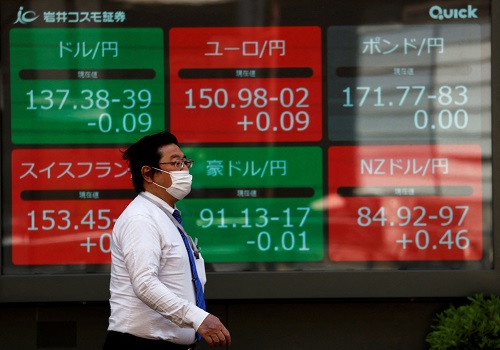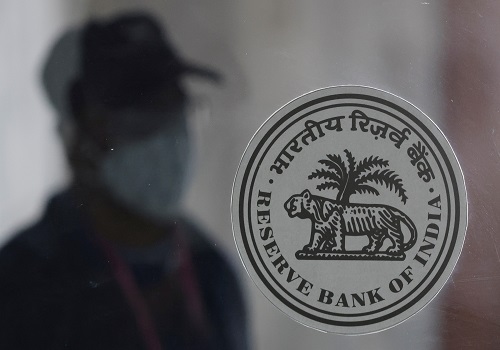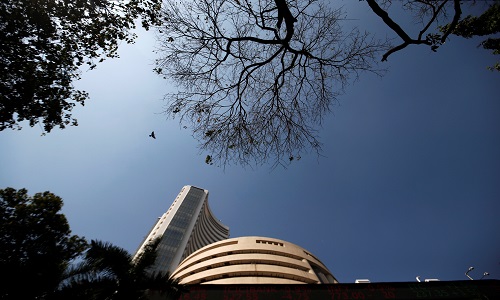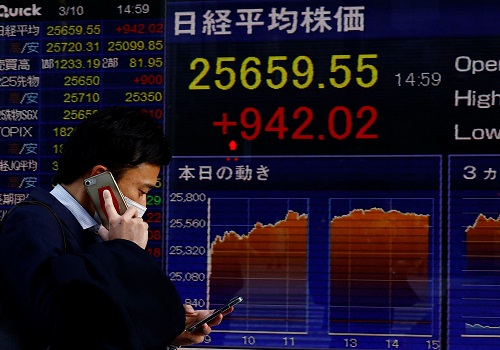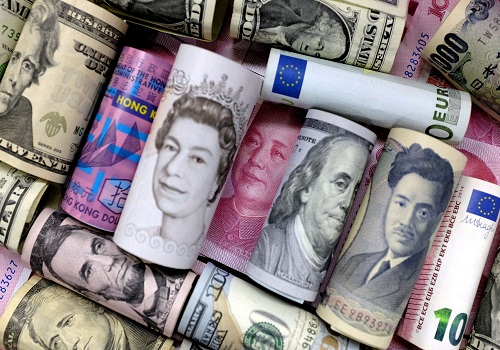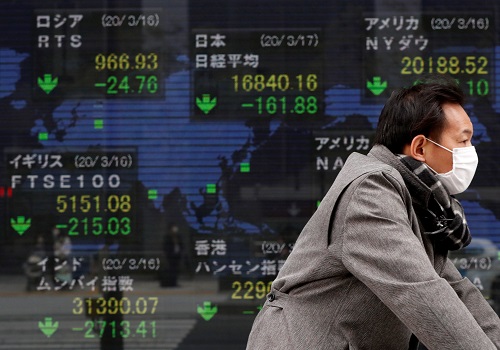Asian shares weaken as traders eye central banks' rate plans
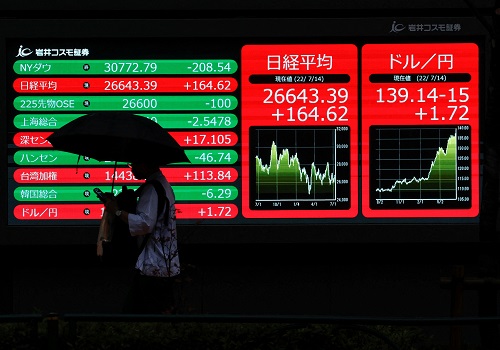
Follow us Now on Telegram ! Get daily 10 - 12 important updates on Business, Finance and Investment. Join our Telegram Channel
Asian shares slipped on Tuesday, following overnight declines on Wall Street and on renewed fears about outbreaks of COVID-19 in China while the dollar hovered below last week's peak, but traders' main focus was approaching central bank meetings.
MSCI's broadest index of Asia-Pacific shares outside Japan, fell 0.64%, walking back some of the previous day's 1.8% gain, and heading back towards last week's two-year low.
Asian tech stocks like Alibaba and Samsung helped lead the declines, after U.S. equity markets had closed lower overnight, impacted by reports Apple plans to slow hiring and spending growth next year. [.N]
Chinese blue chips fell 1.11% also giving back gains made the previous day gains as mainland China reported 776 new coronavirus cases, sparking fears of renewed restrictions on activity to curb outbreaks.
Nomura said 41 Chinese cities are currently implementing some sort of restrictions to control outbreaks.
European markets were set to open lower with EUROSTOXX 50 futures off 0.75% and FTSE futures losing 0.4%. Japan's Nikkei gained 0.75% after having been on holiday for Monday's rally.
But with markets awaiting major macroeconomic news, the overall picture was murky.
"It's a bit like 'paint by numbers' at the moment, you've got a picture to fill in, but we don't have all the colours yet," said Kerry Craig, global market strategist at JPMorgan Asset Management.
"There are a couple of things missing (such as) the direction of the labour market and unemployment rate in the U.S., and whether central banks will step back and say 'that's the peak in inflation and we don't need to be as hawkish', or 'we're going to be really aggressive'."
Markets are expecting a large 75 basis point interest rate hike at the U.S. Federal Reserve's meeting next week, moving away from a flirtation with the chance of an enormous 100 basis point rise, though market pricing still indicates a 30% chance, according to the CME's Fedwatch tool.
The retreat from expectations of 100 basis points late last week helped shares to gain in the U.S. on Friday and Asia and Europe on Monday.
The European Central Bank and Bank of Japan both meet on Thursday, with the ECB widely expected to begin raising rates from their pandemic era lows with a 25 basis point hike, while little change is expected from the ultra dovish BOJ.
"In the background we've got earnings season in the U.S. and we're expecting that to be another source of pressure on markets as we think the full year guidance for around 9%-10% of the U.S. is too high," said Craig.
Goldman Sachs Group Inc warned overnight it may slow hiring and cut expenses, as the economic outlook worsens, after reporting a 48% slump in quarterly profit. But, as this beat analysts' expectations, its shares rose 2.5%.
In currency markets, the dollar continued its slow retreat from last week's two decade peak.
The euro was $1.0143 having recovered from its brief fall below one U.S. dollar last week for the first time since 2002, and one dollar bought 138.03 Japanese yen, below its 24-year high of 139.39 also hit last week.
The Australian dollar gained 0.35% after the Reserve Bank of Australia said it saw a need for more policy tightening as, even after recent hikes.
The U.S. benchmark 10 year yield was 2.9781%, having struggled so far this month to break far in either direction from the 3% level.
A closely watched part of the U.S. yield curve remained inverted with the two-year yield at 3.1702%.
Oil, another asset class struggling to find a clear direction, fell after gaining 5% overnight.
Brent crude was at $105.84 a barrel, down 0.4% and U.S. crude was 0.27% lower at $102.58. Spot gold remained soft at $1,708 an ounce.









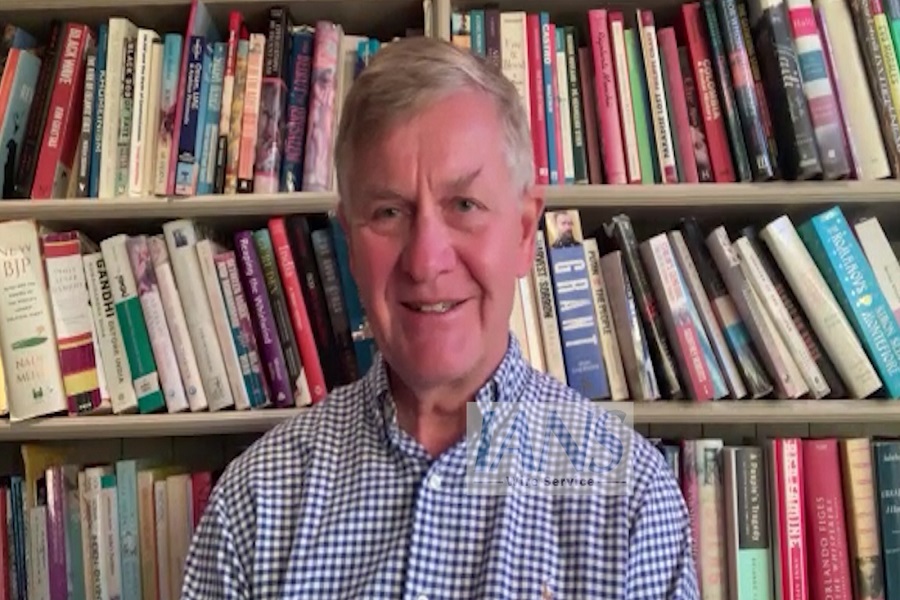


 320-x-100_uti_gold.jpg" alt="Advertisement">
320-x-100_uti_gold.jpg" alt="Advertisement">

